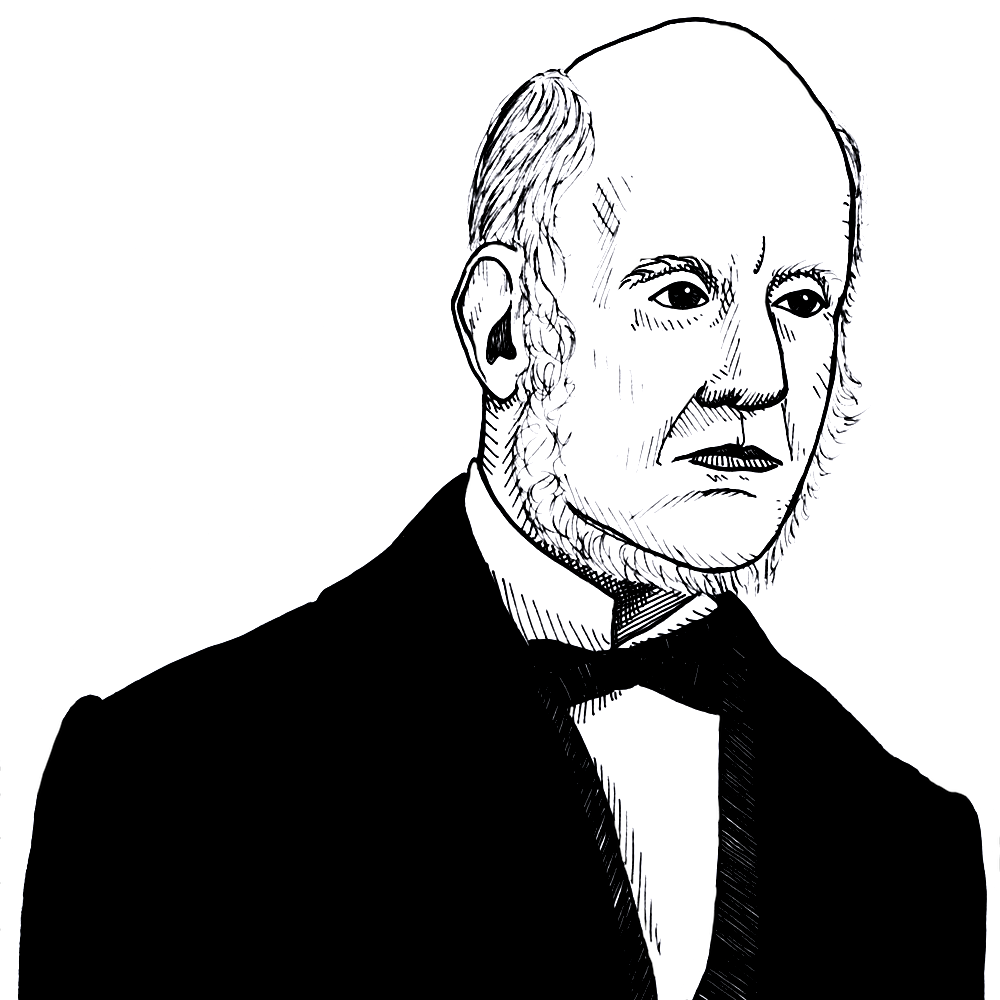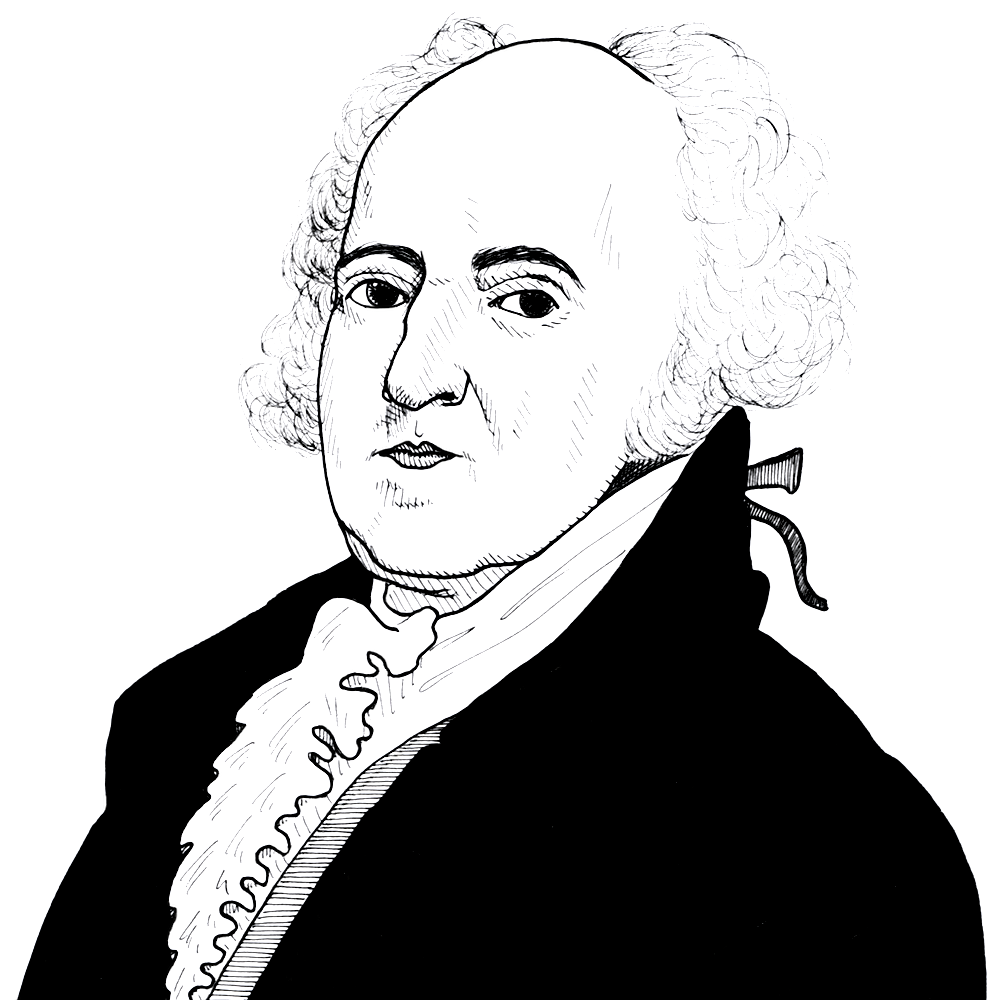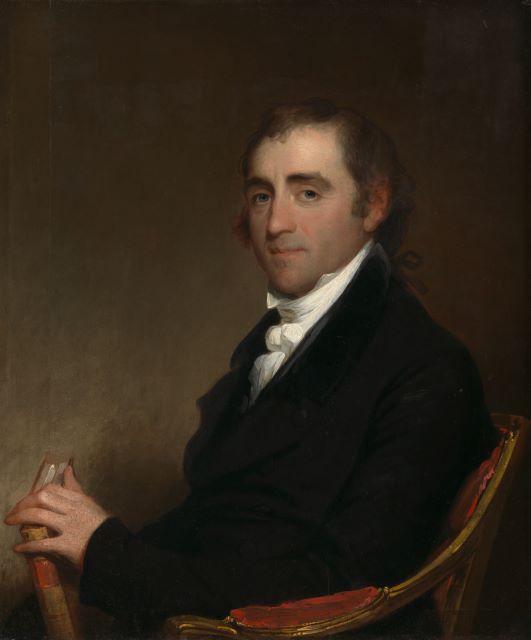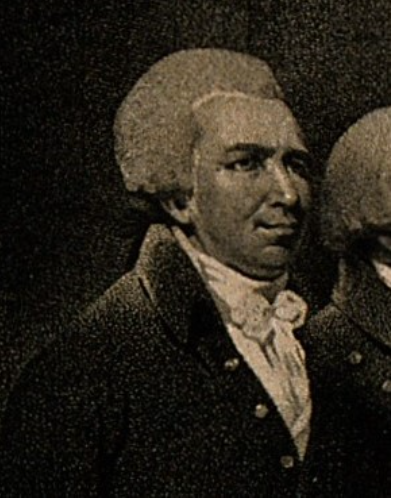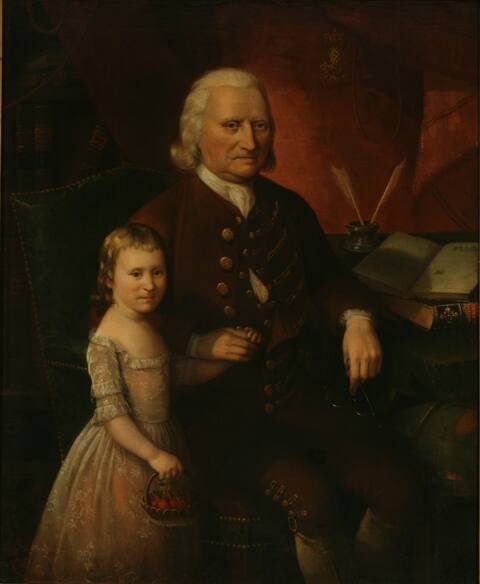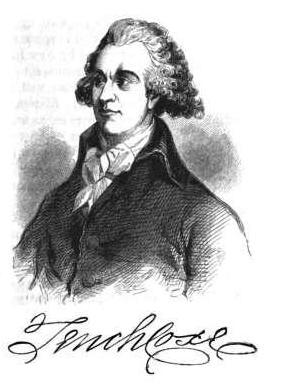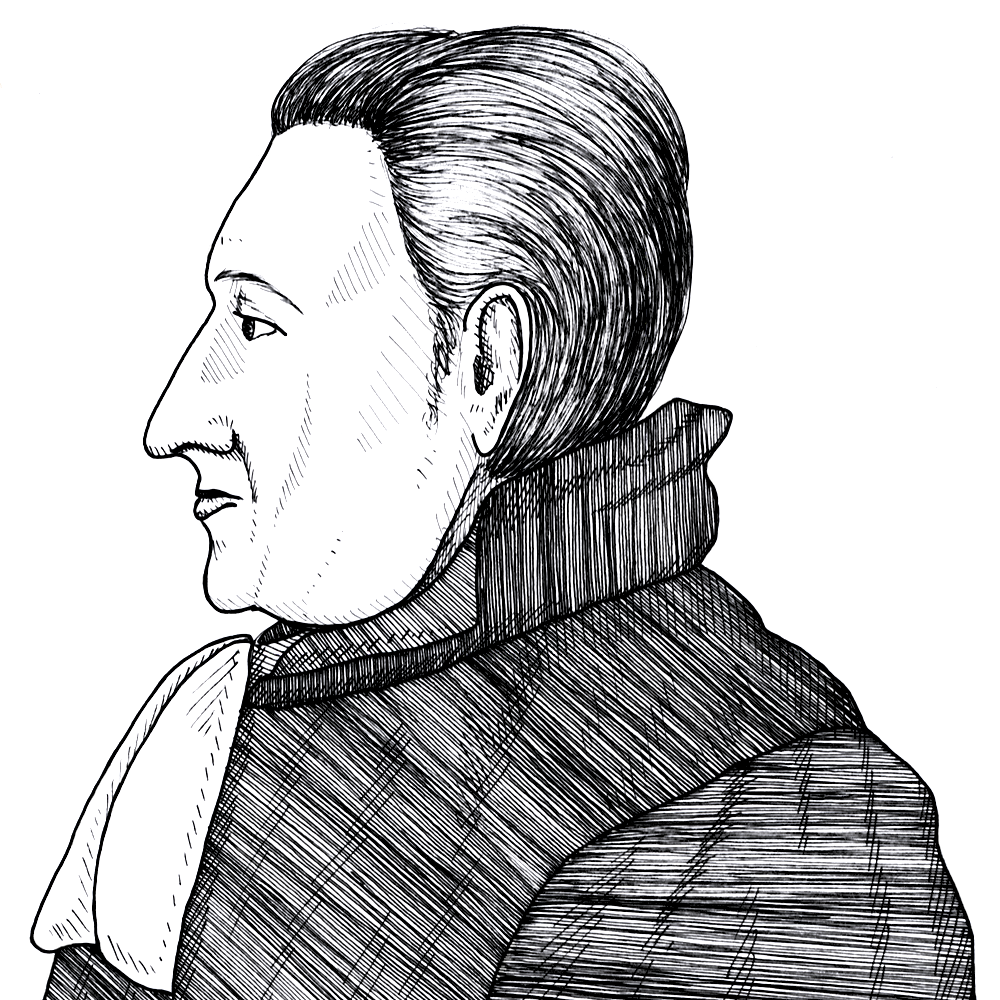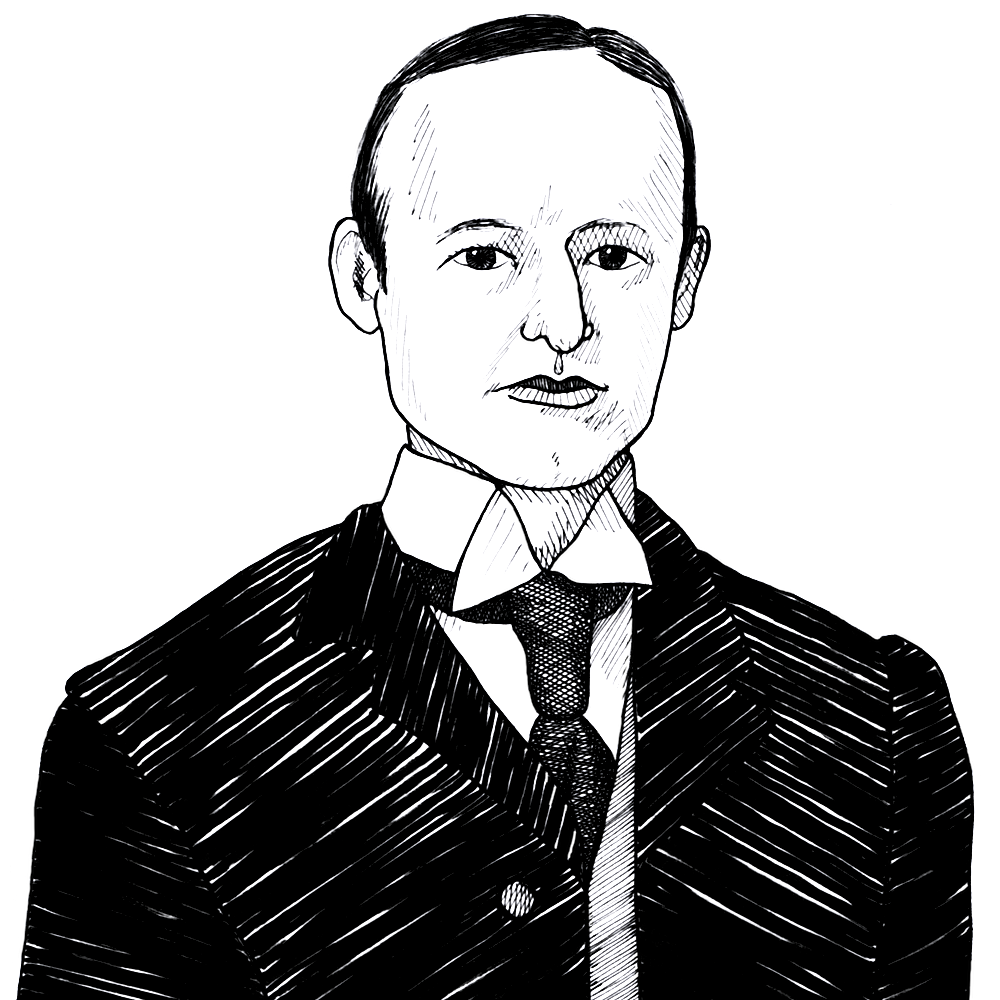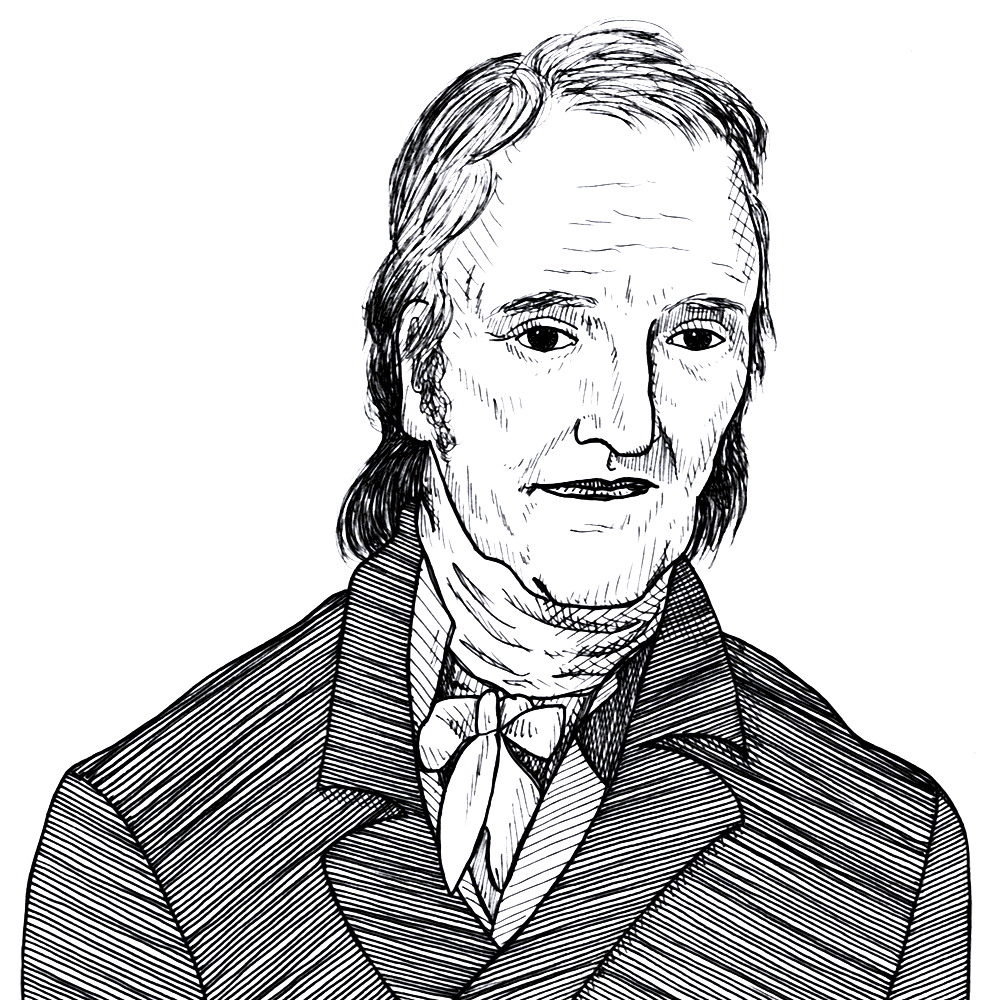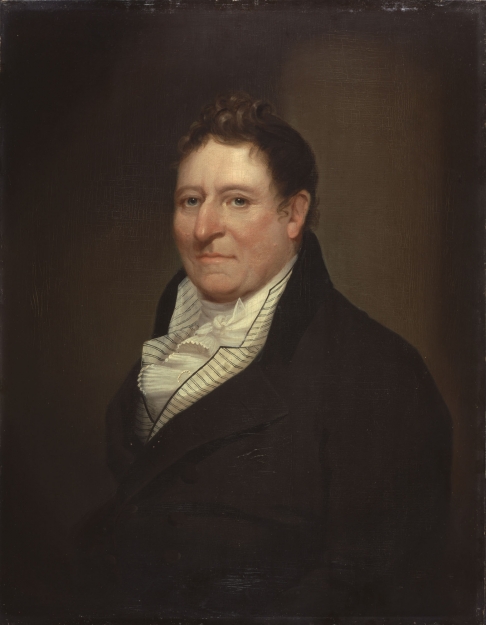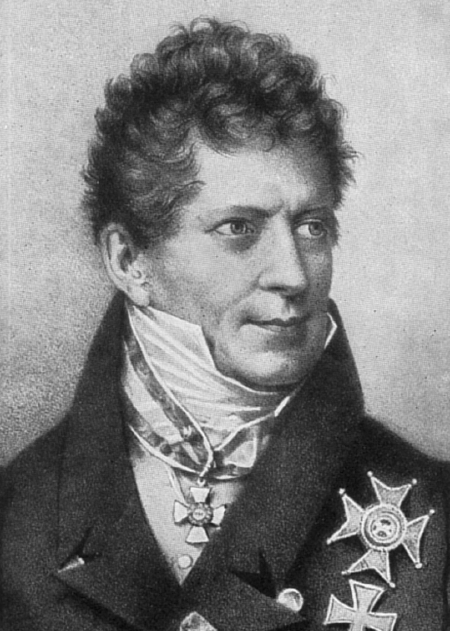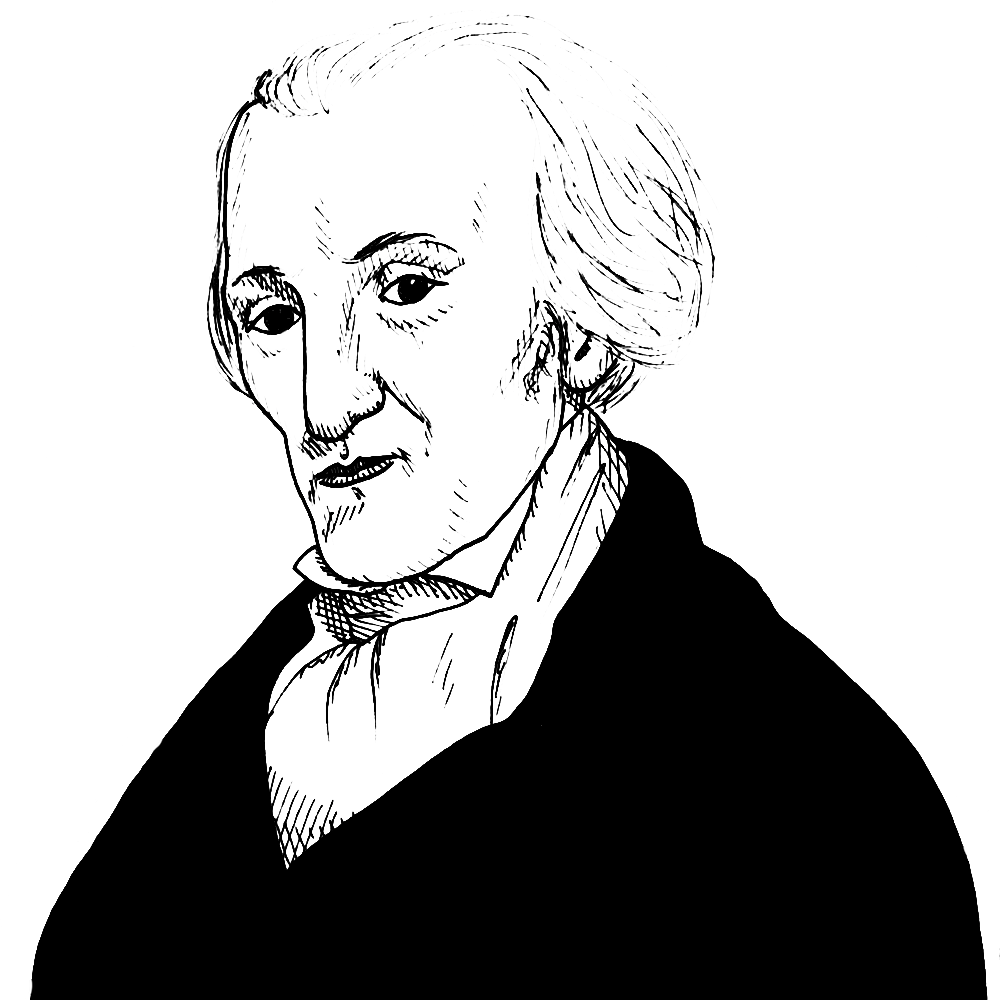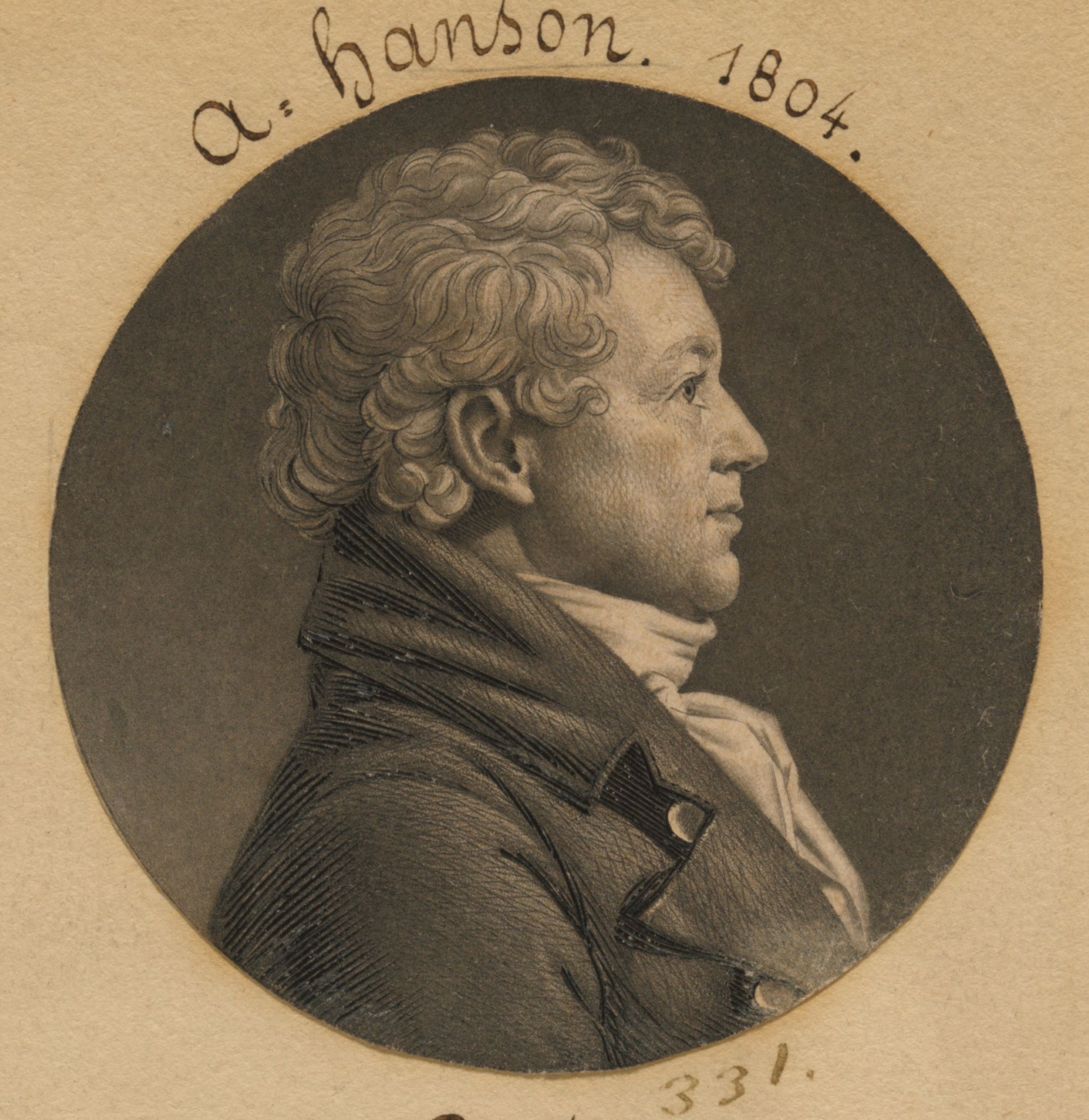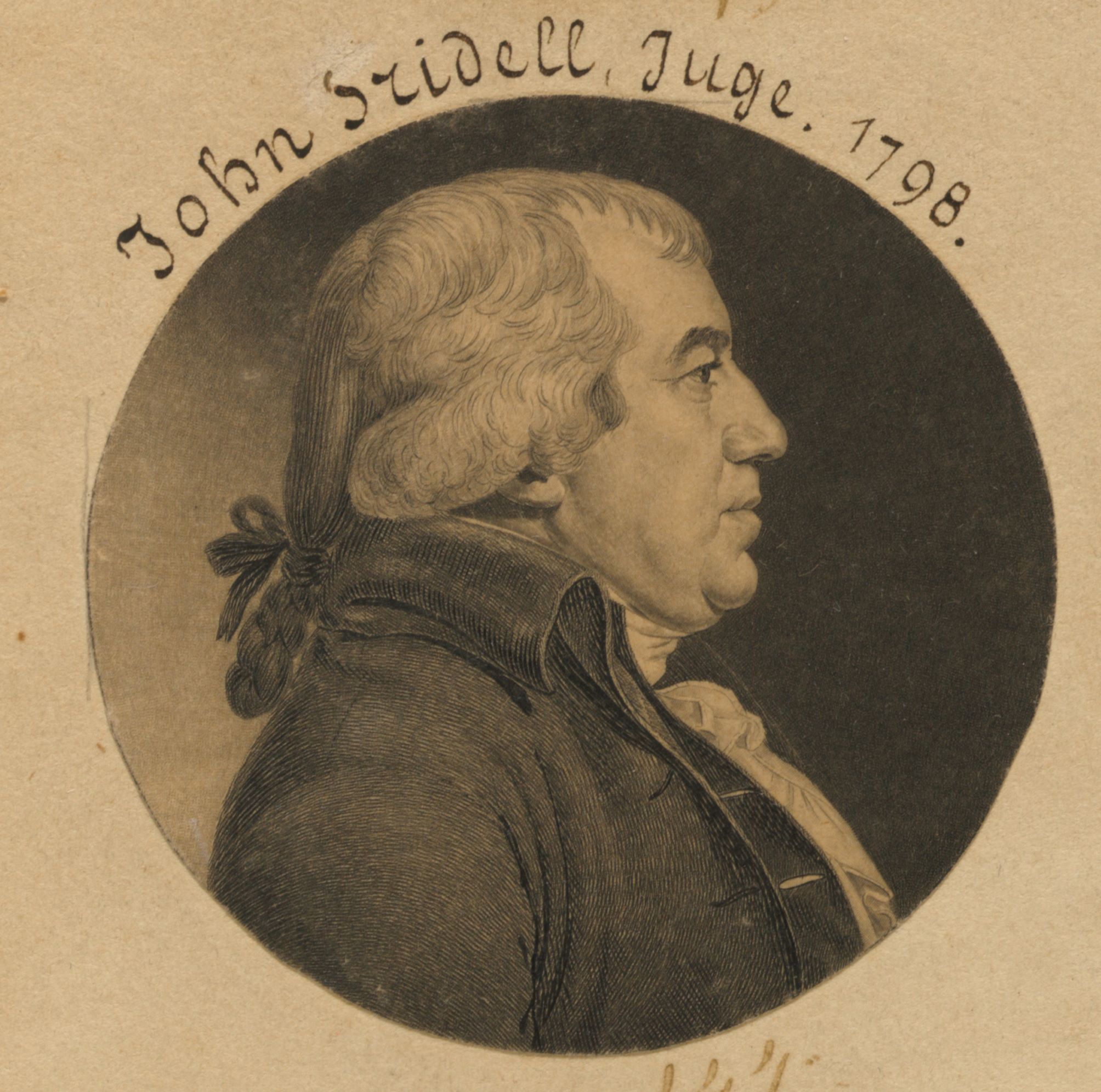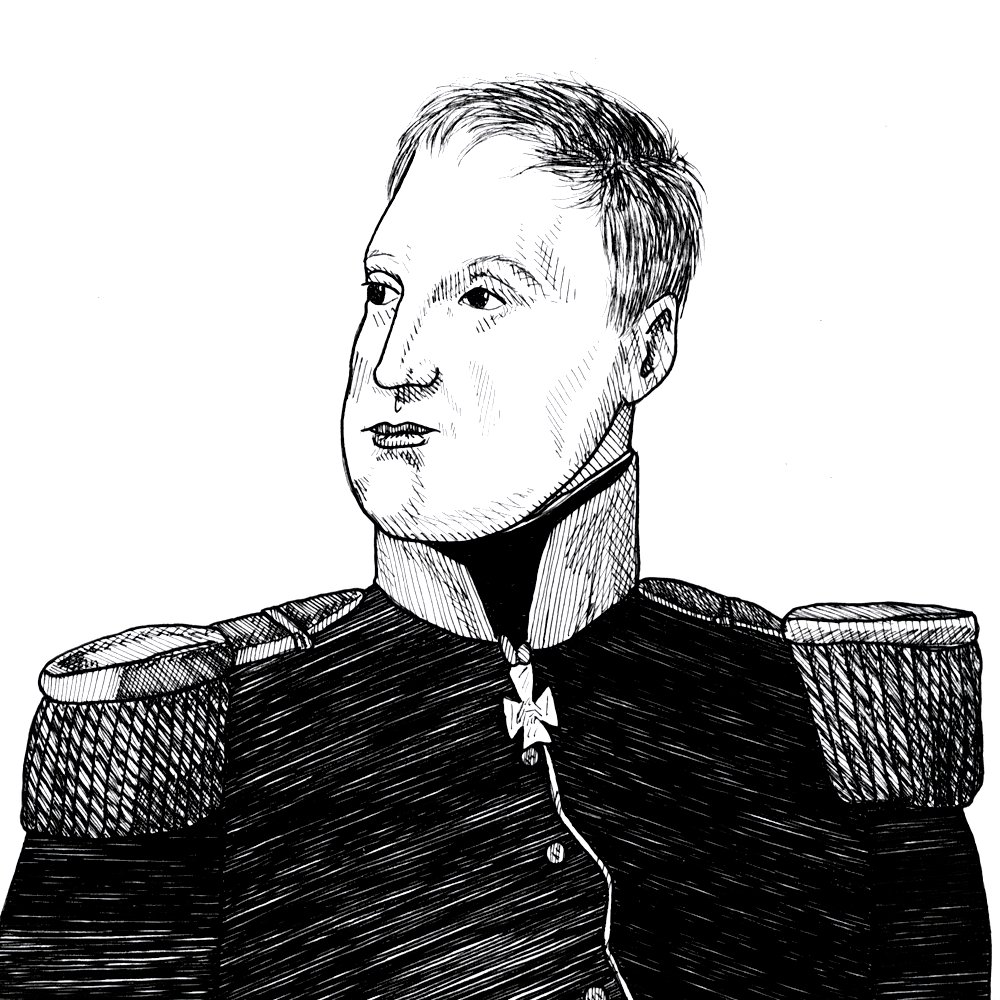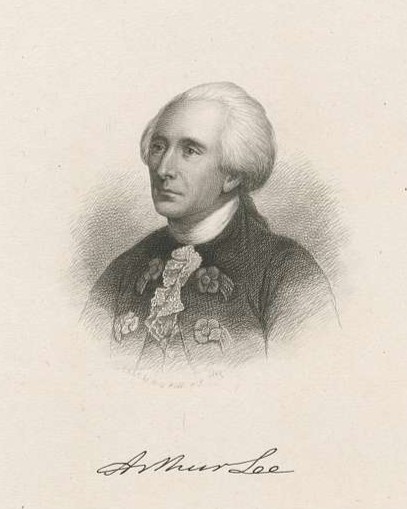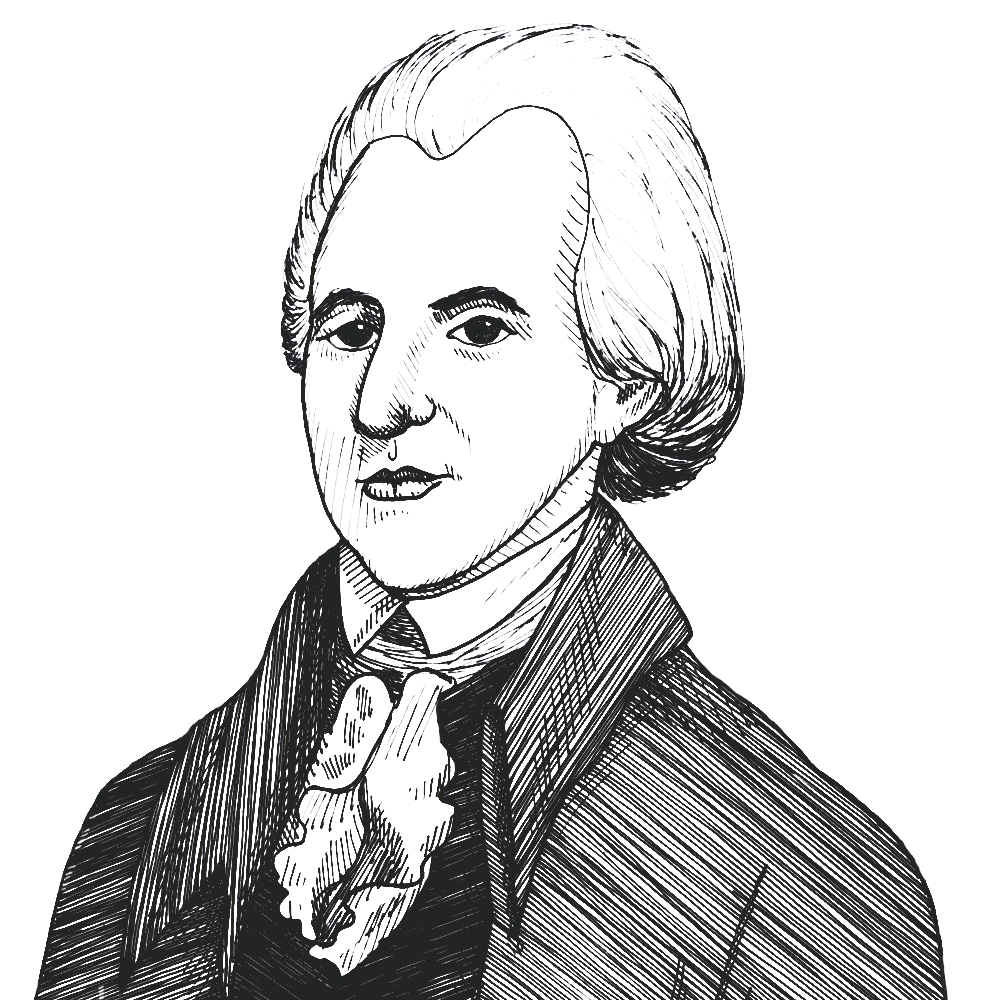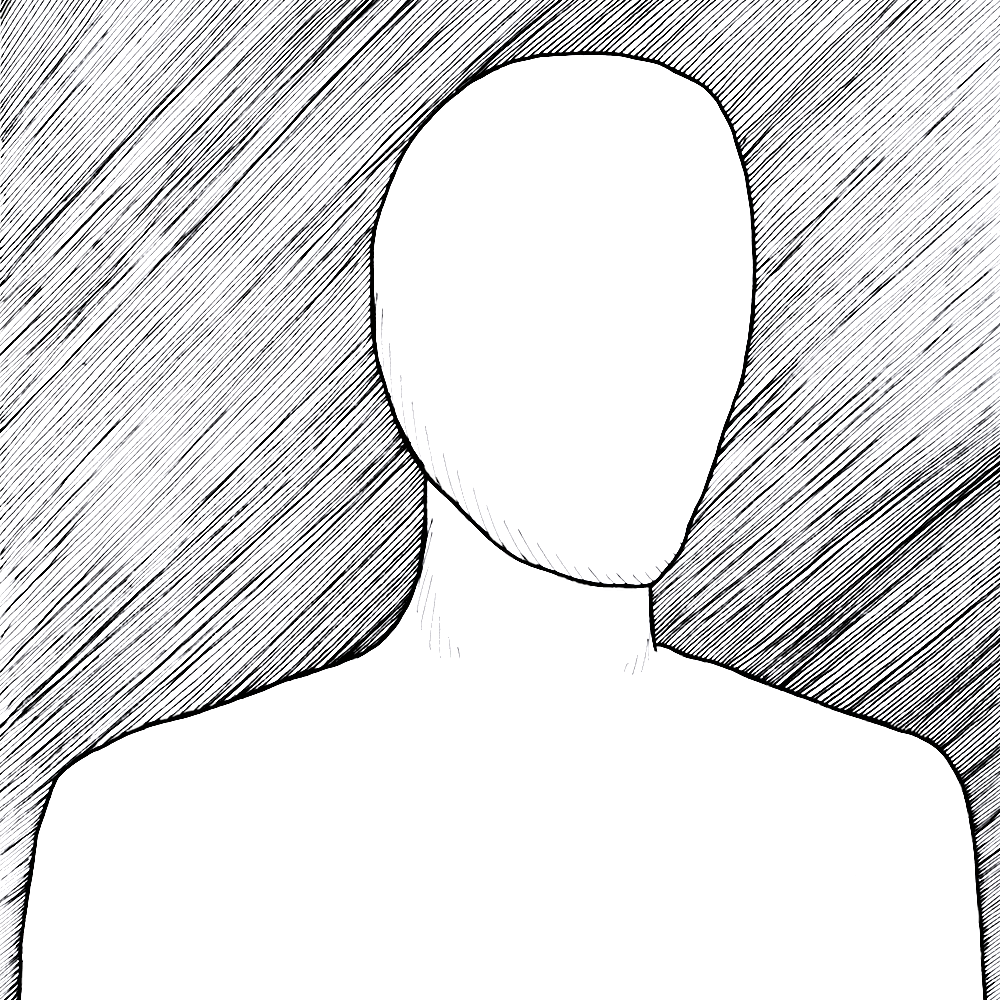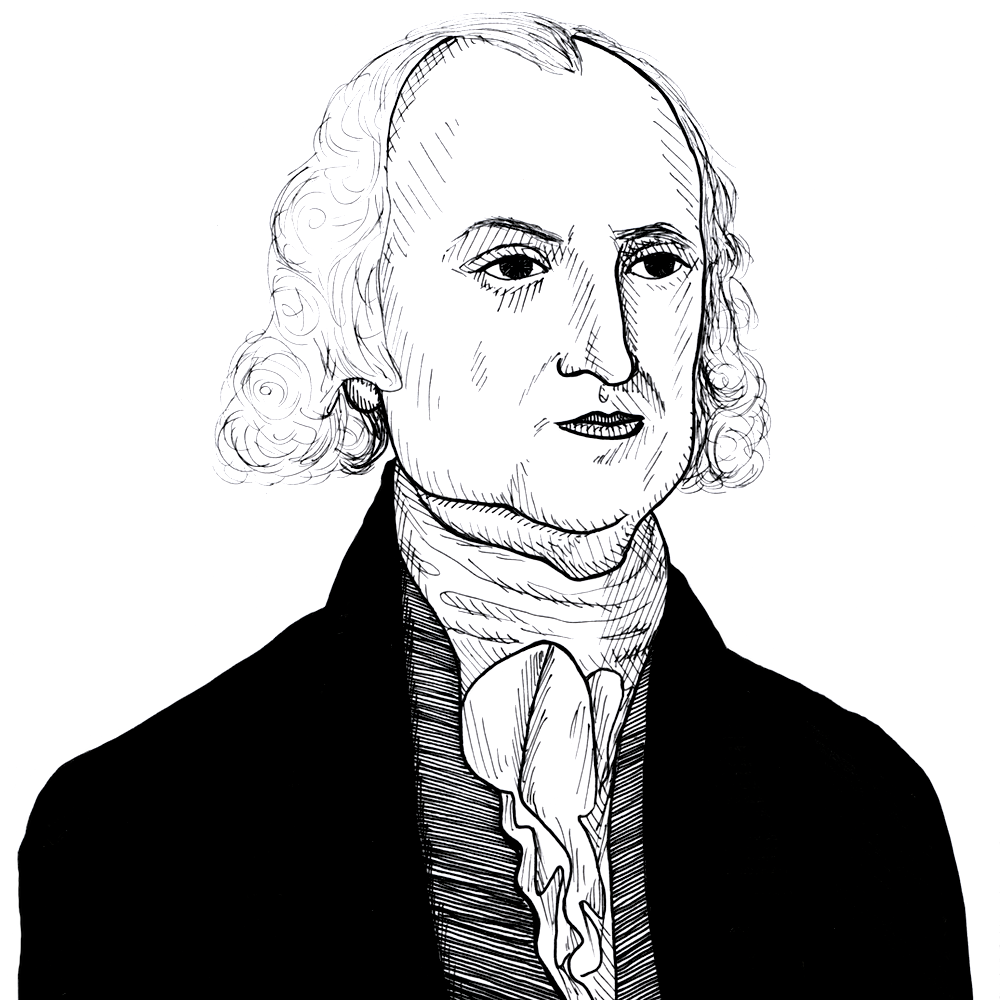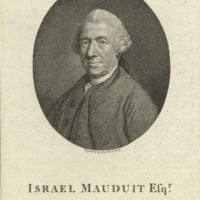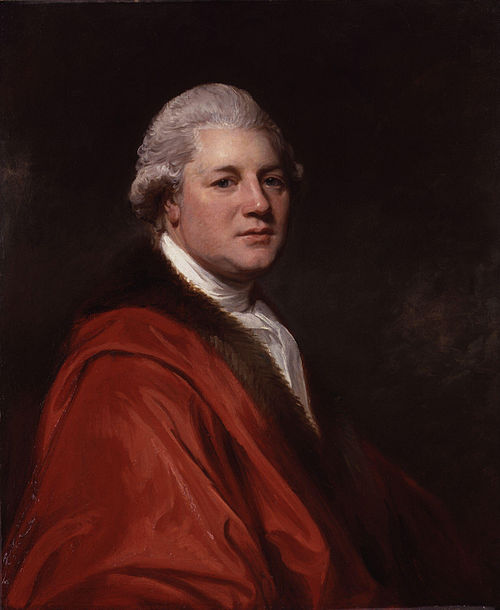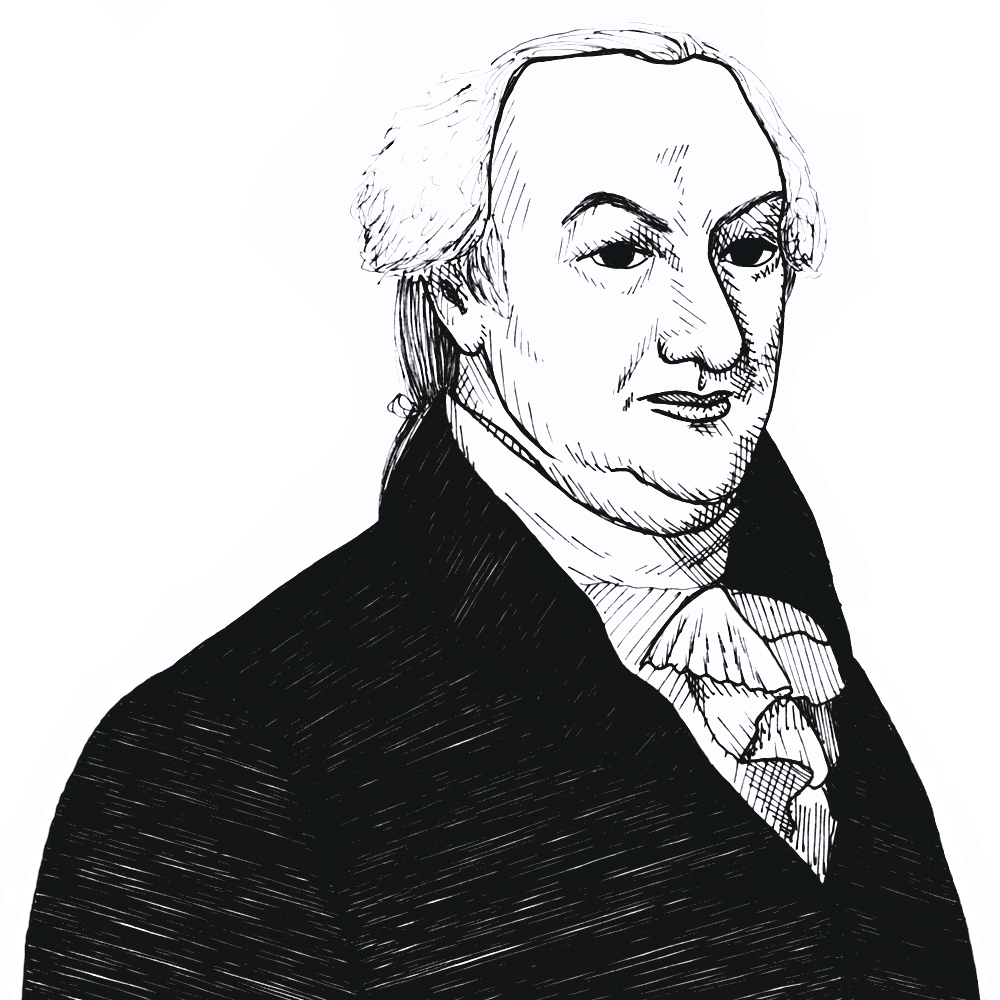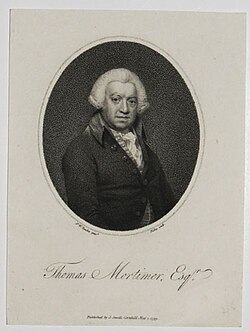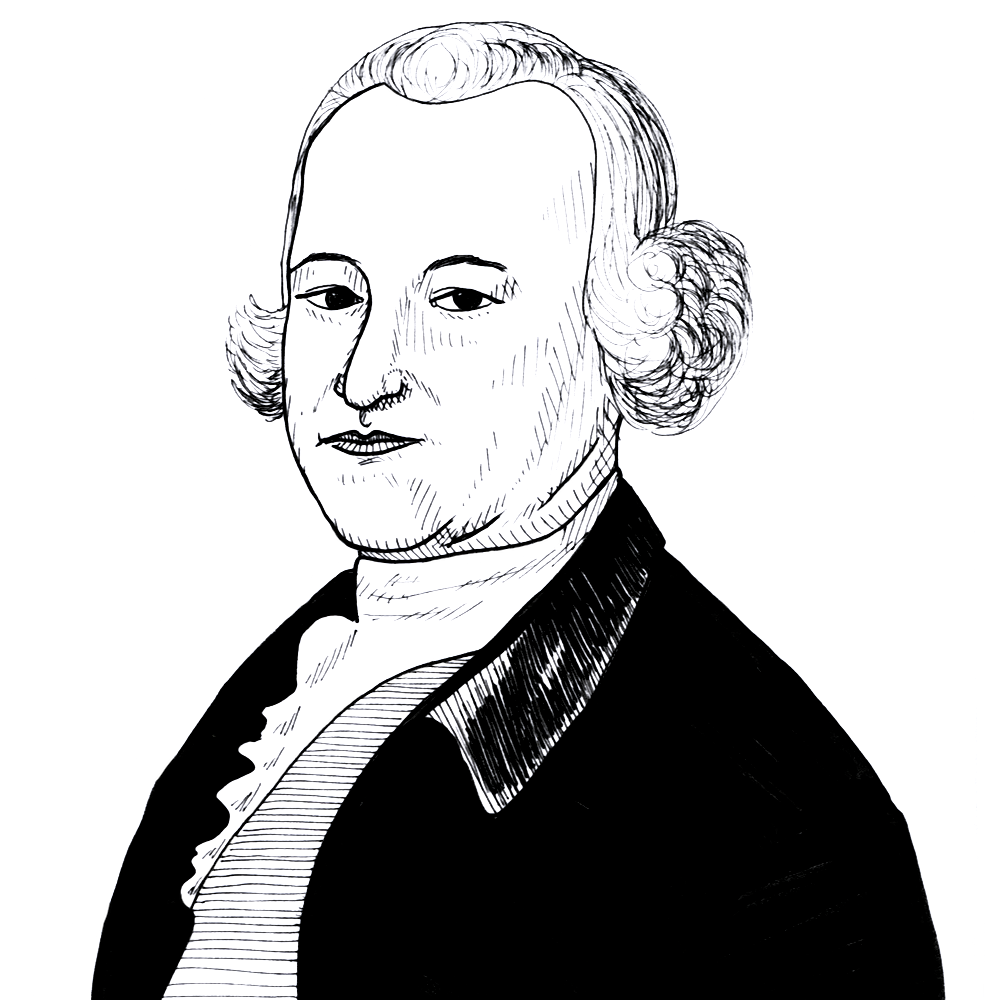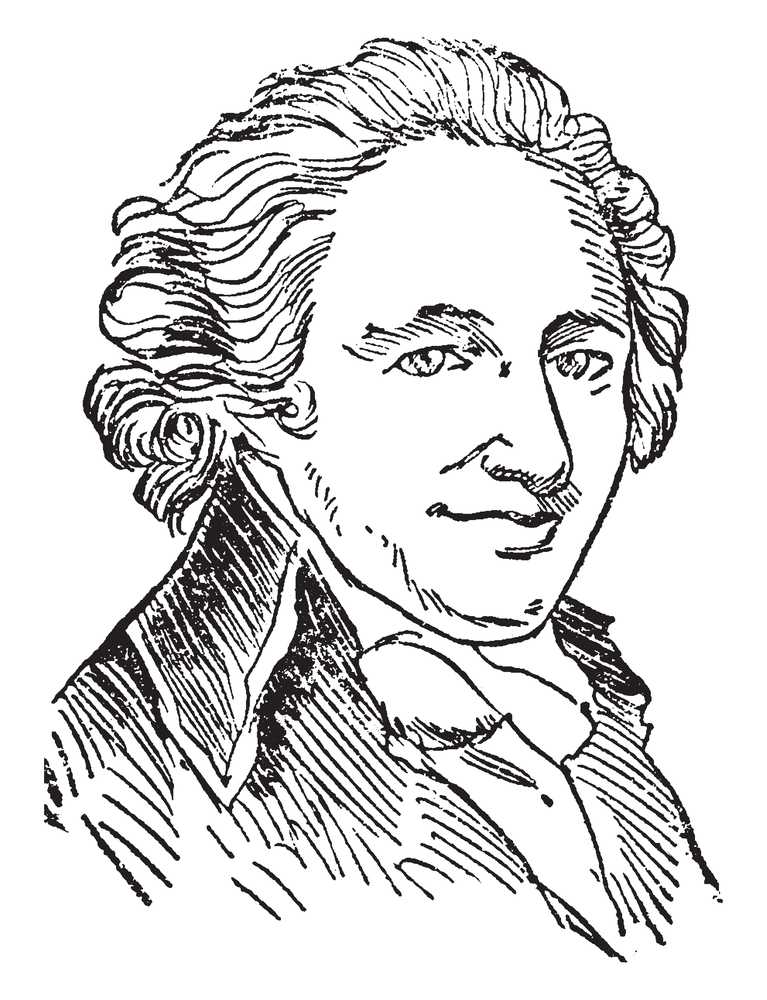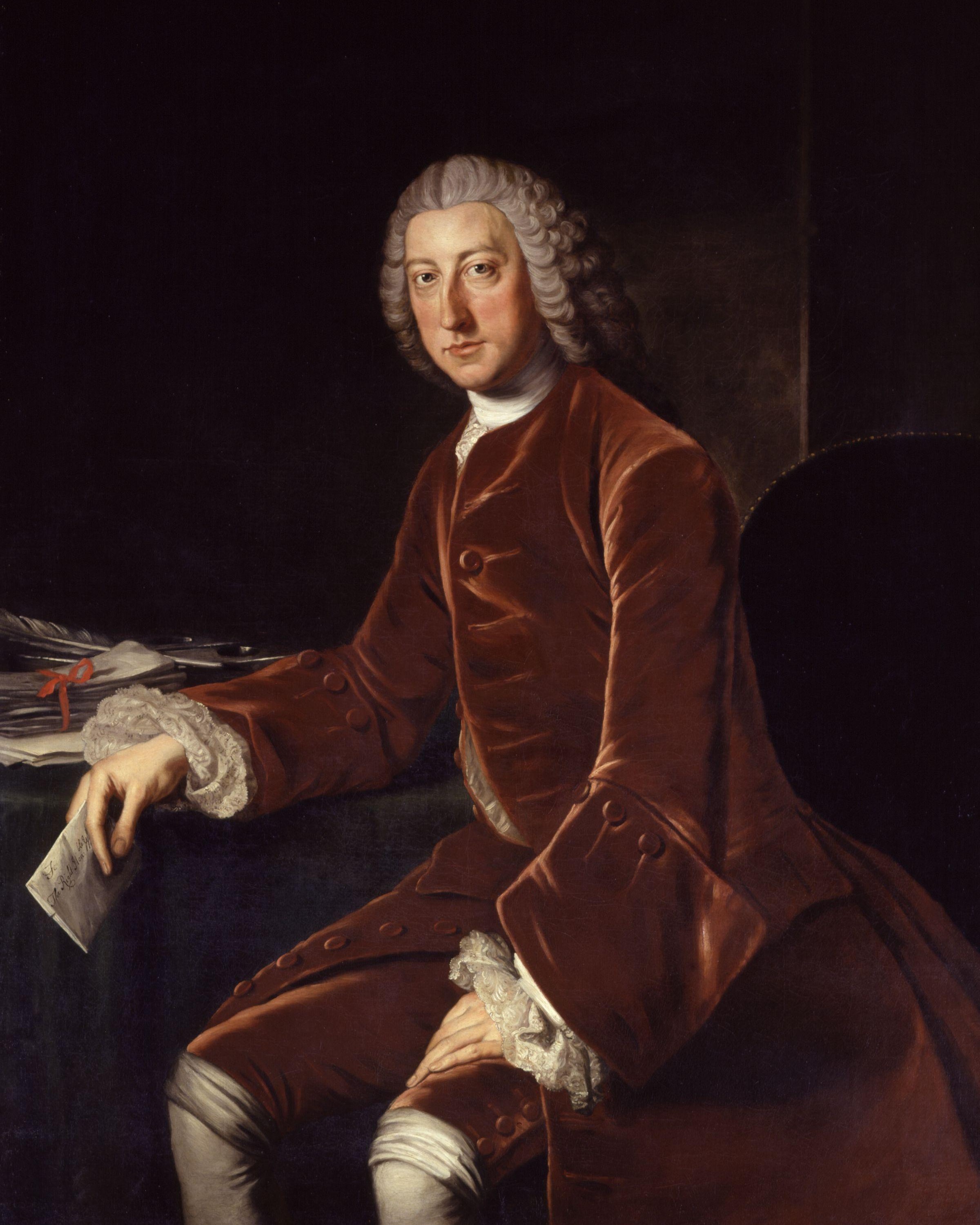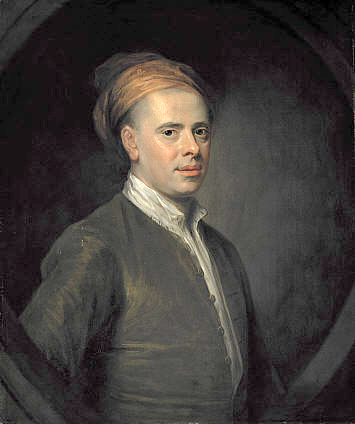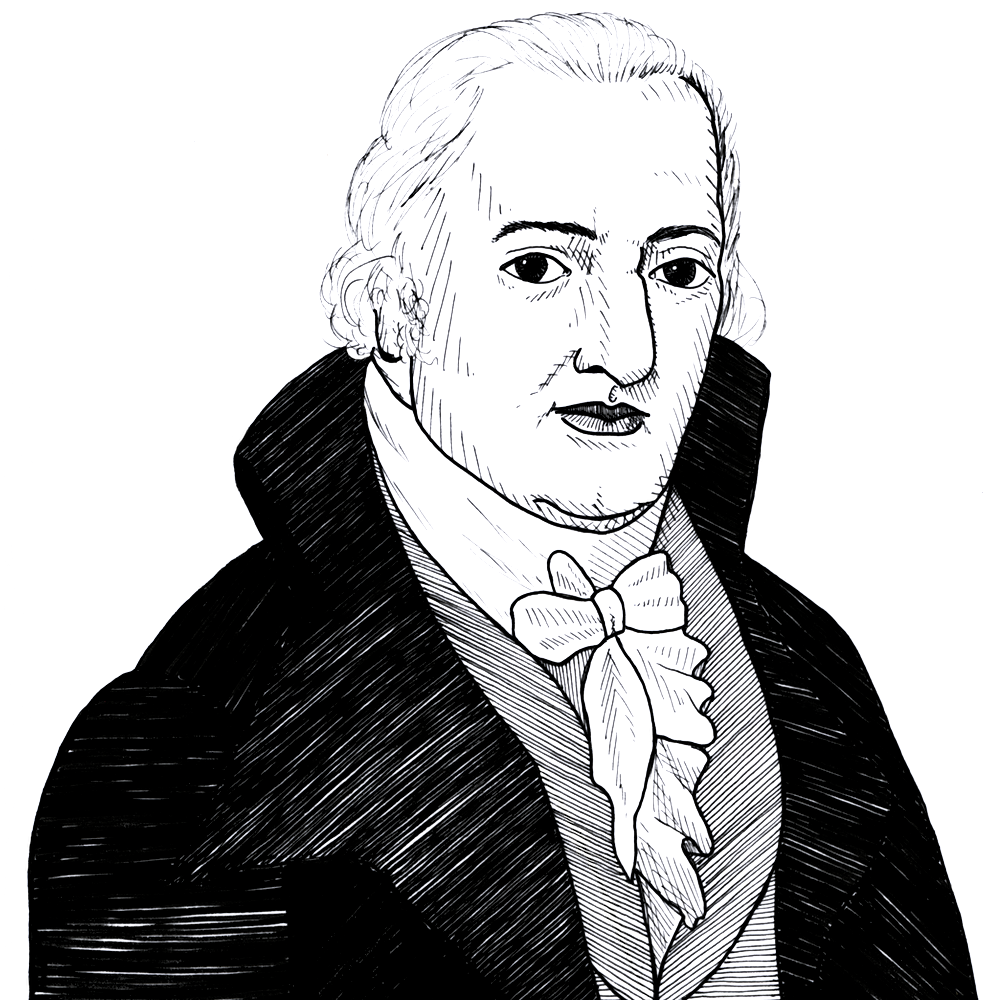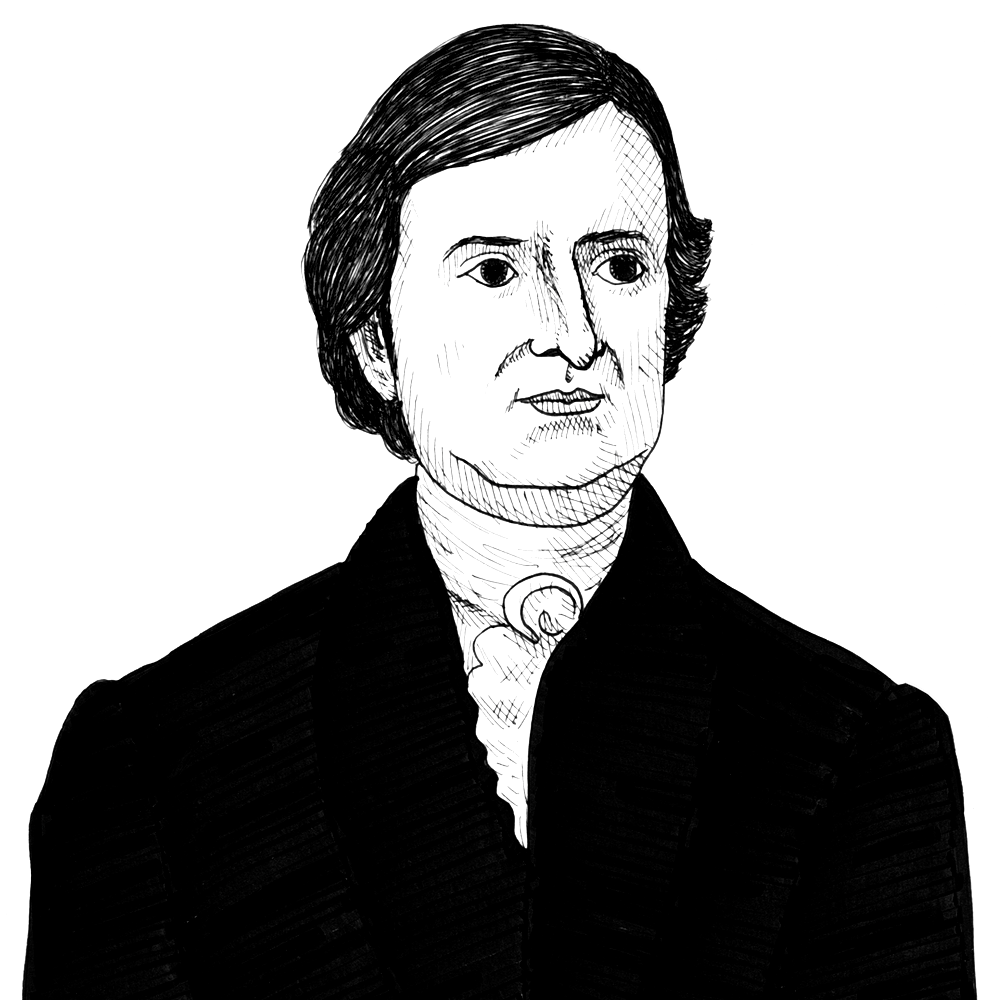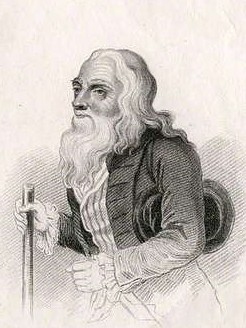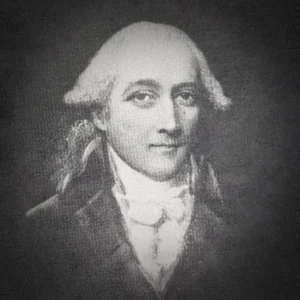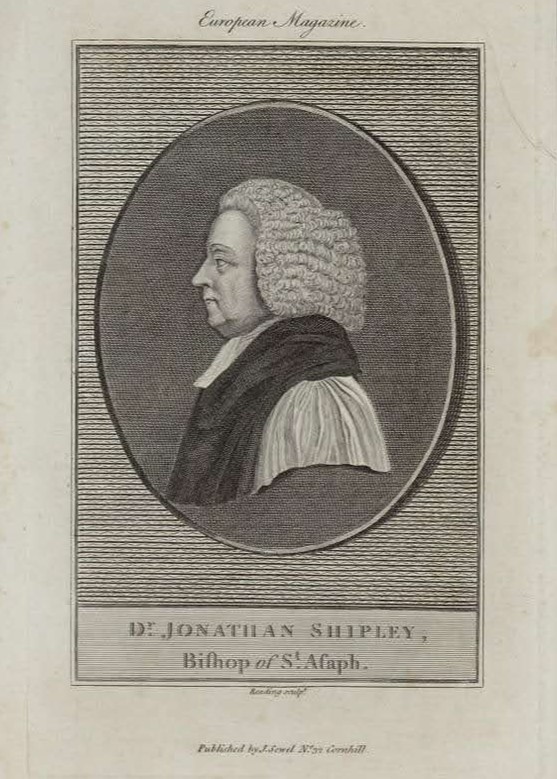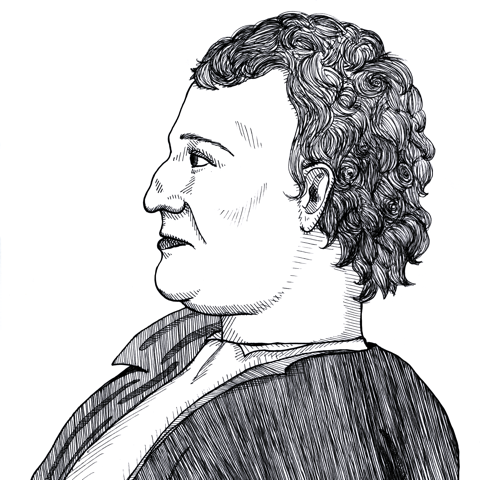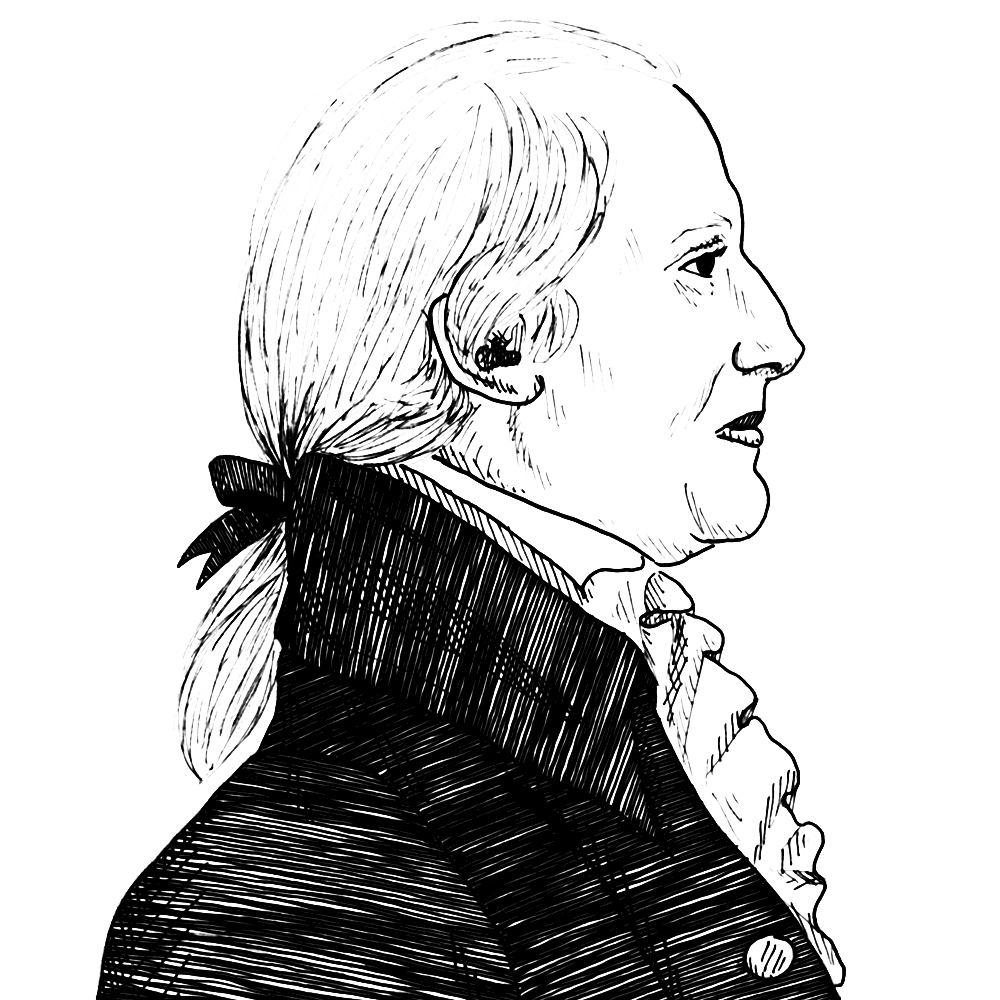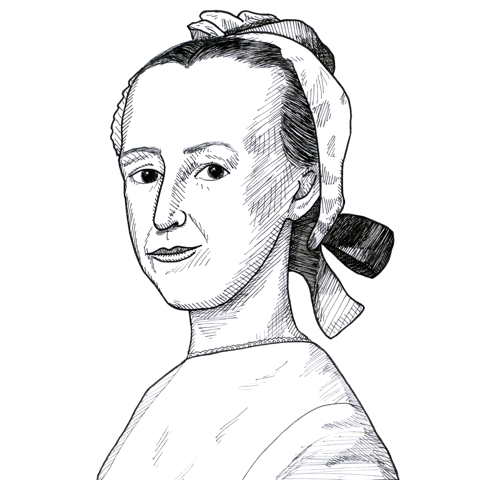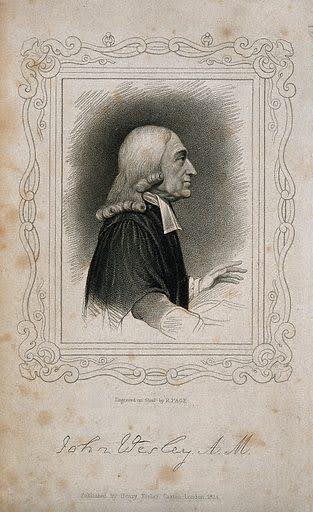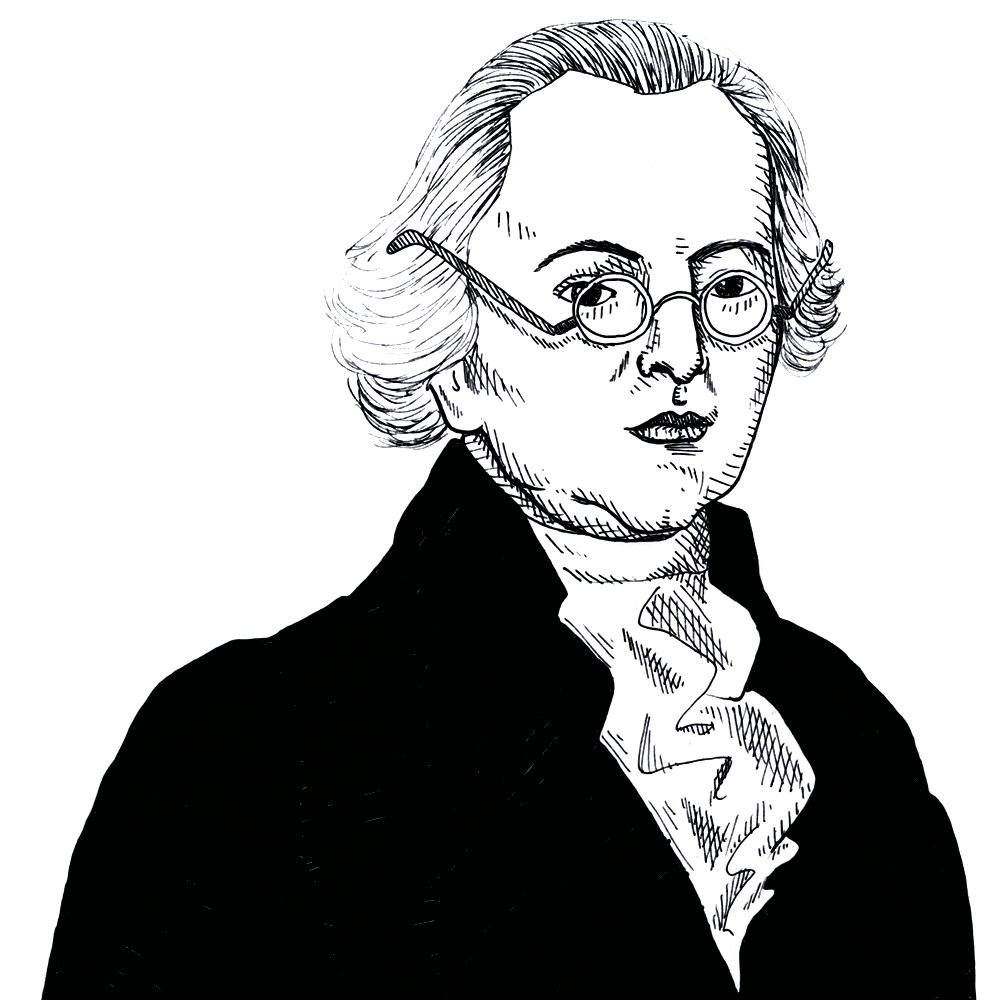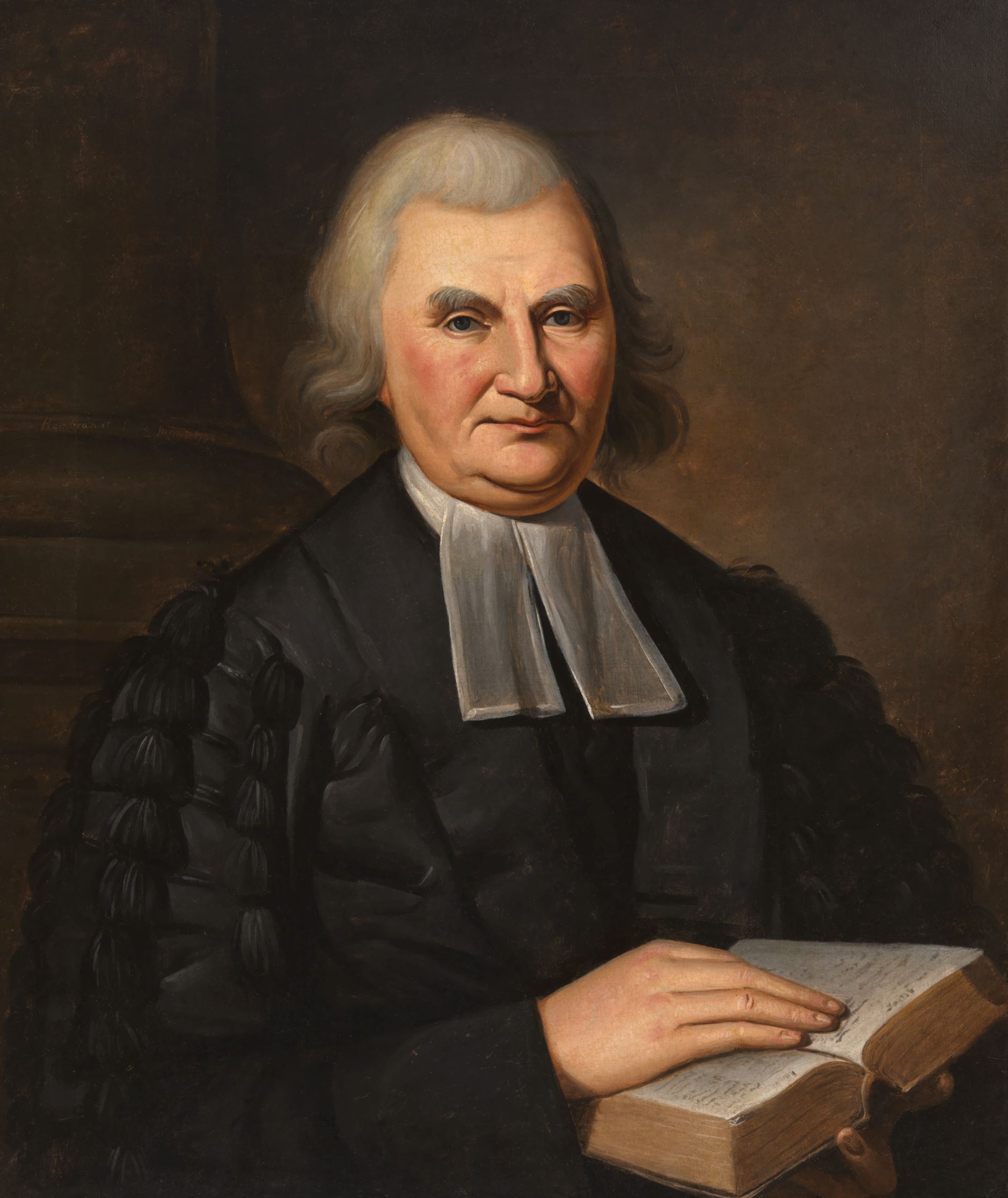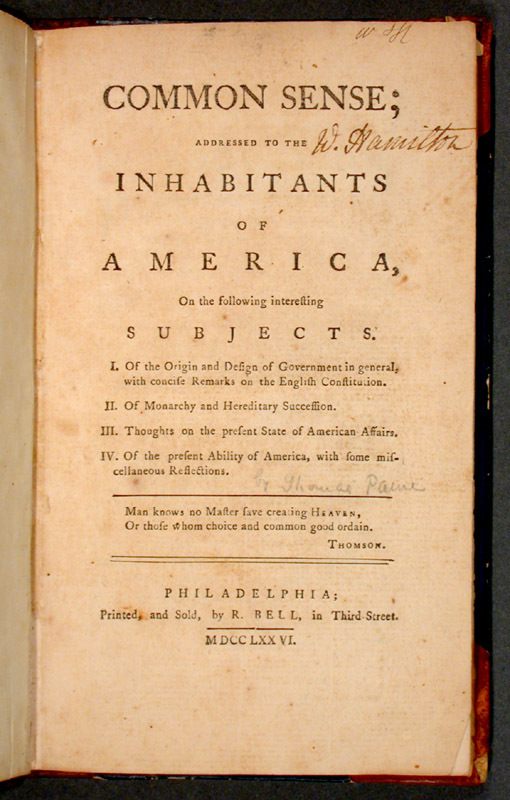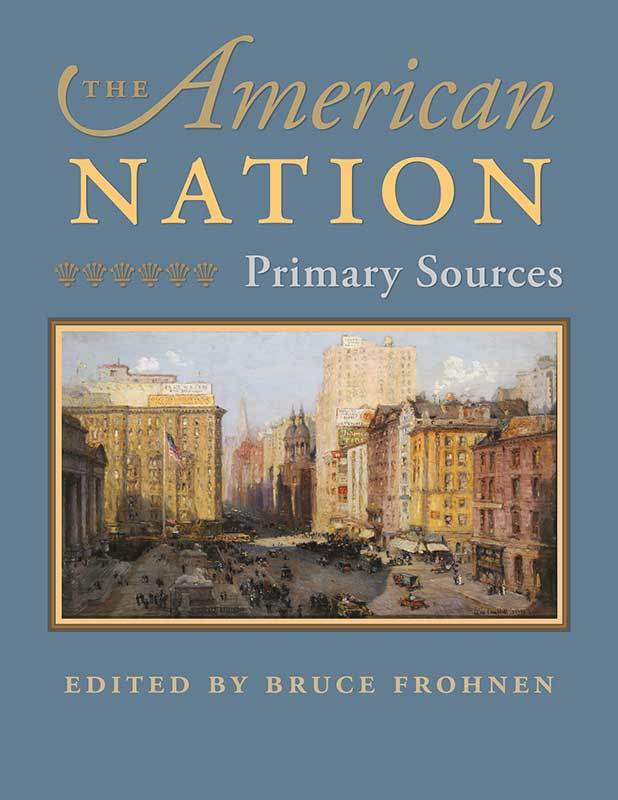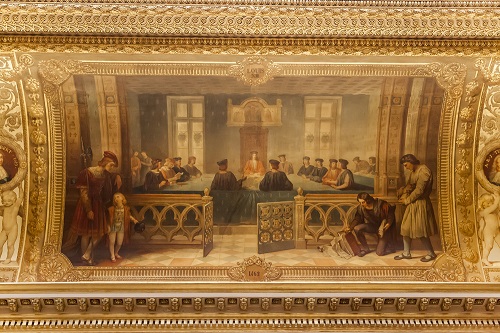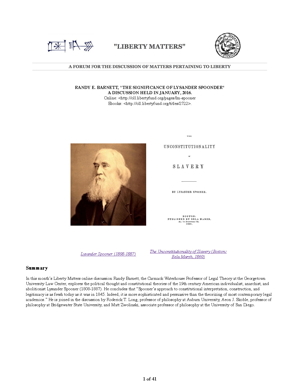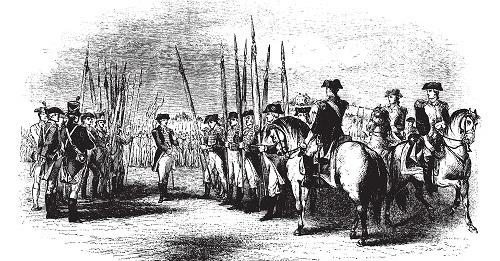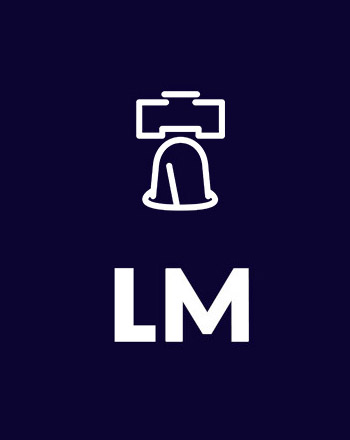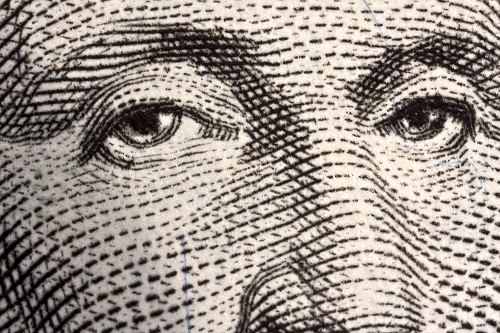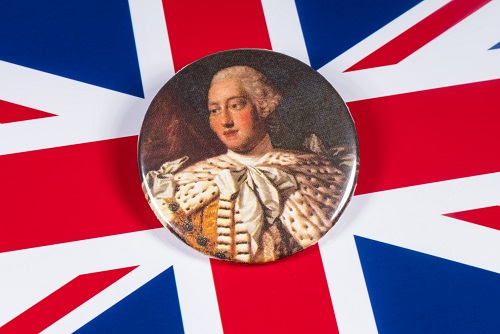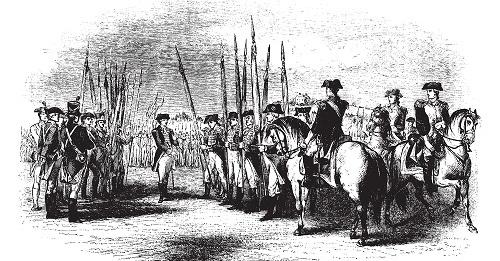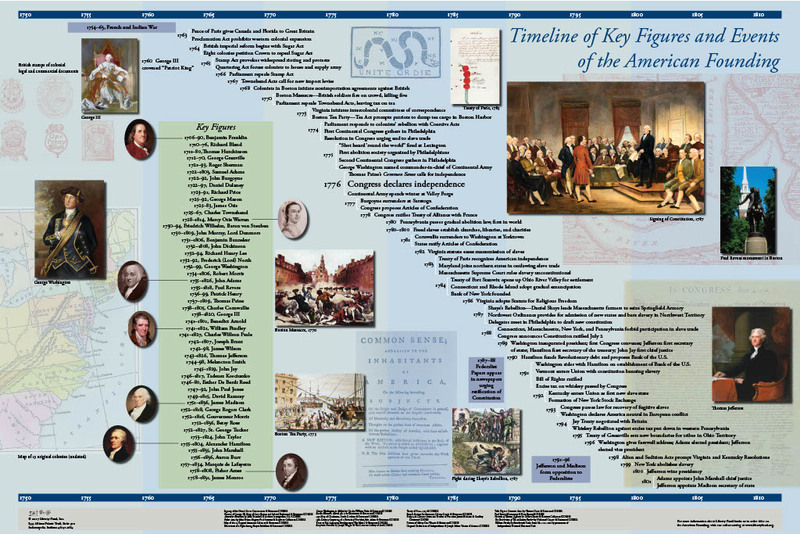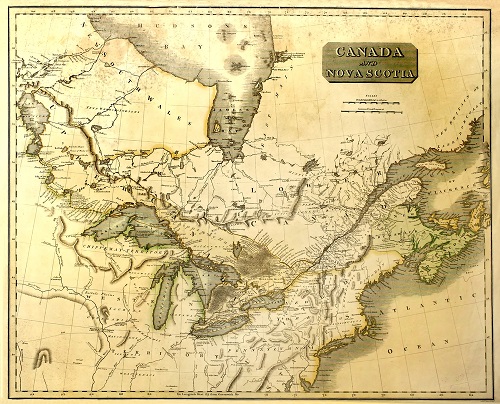American Revolution and Constitution
About this Collection
The ideals of individual liberty and limited government motivated the men and women who took part in the creation of the American Republic. The OLL includes critical primary sources that helped shape the nation’s cultural, religious, and historical tradition. These books reveal the character of American discourse about such crucial issues as the nature and importance of self-government, the purposes of federal union, and the role of religion in America’s drive for liberty.
Key People
Titles & Essays
Quotes
Taxation
Alexander Hamilton denounces the British for imposing “oppressive taxes” on the colonists which amount to tyranny, a form of slavery, and vassalage to the Empire (1774)
Class
Alexander Hamilton on the Civil Balance of Power
Money & Banking
Alexander Hamilton on the Constitutionality of a National Bank
War & Peace
Alexander Hamilton warns of the danger to civil society and liberty from a standing army since “the military state becomes elevated above the civil” (1787)
Colonies, Slavery & Abolition
Benjamin Franklin and the Need for Unity among the Colonies
Revolution
Carl Lotus Becker, Materialism and Idealism in the Declaration of Independence
War & Peace
Daniel Webster thunders that the introduction of conscription would be a violation of the constitution, an affront to individual liberty, and an act of unrivaled despotism (1814)
Economics
Forrest McDonald argues that the Founding Fathers envisaged a new economic order based upon Lockean notions of private property and the creation of the largest contiguous area of free trade in the world (2006)
Revolution
George Washington and America’s Future
Politics & Liberty
George Washington on the Difference between Commercial and Political Relations with other Countries (1796)
Taxation
George Washington on the Whiskey Rebellion and the Pardon Power
Presidents, Kings, Tyrants, & Despots
George Washington warns that the knee jerk reaction of citizens to problems is to seek a solution in the creation of a “new monarch”(1786)
Politics & Liberty
Gouverneur Morris on the proper balance between commerce, private property, and political liberty (1776)
Class
James Madison on the “sagacious and monied few” who are able to “harvest” the benefits of government regulations (1787)
Parties & Elections
James Madison on the dangers of elections resulting in overbearing majorities who respect neither justice nor individual rights, Federalist 10 (1788)
Politics & Liberty
James Madison on the mischievous effects of mutable government in The Federalist no. 62 (1788)
War & Peace
James Madison on the necessity of separating the power of “the sword from the purse” (1793)
Politics & Liberty
James Madison on the need for the “separation of powers” because “men are not angels,” Federalist 51 (1788)
Parties & Elections
Lance Banning argues that within a decade of the creation of the US Constitution the nation was engaged in a bitter battle over the soul of the American Republic (2004)
War & Peace
Madison argued that war is the major way by which the executive office increases its power, patronage, and taxing power (1793)
Liberty
Madison on “Parchment Barriers” and the defence of liberty I (1788)
Politics & Liberty
Mercy Otis Warren asks why people are so willing to obey the government and answers that it is supineness, fear of resisting, and the long habit of obedience (1805)
Revolution
Mercy Otis Warren on Civil and Religious Rights and Tyranny
Presidents, Kings, Tyrants, & Despots
Paine on the idea that the law is king (1776)
Liberty
Simeon Howard on liberty as the opposition to “external force and constraint” (1773)
Religion & Toleration
The 5th Day of Christmas: Samuel Cooper on the Articles of Confederation and peace on earth (1780)
War & Peace
The 7th Day of Christmas: Madison on “the most noble of all ambitions” which a government can have, of promoting peace on earth (1816)
War & Peace
The 8th Day of Christmas: Jefferson on the inevitability of revolution in England only after which there will be peace on earth (1817)
Politics & Liberty
The Abbé de Mably argues with John Adams about the dangers of a “commercial elite” seizing control of the new Republic and using it to their own advantage (1785)
Law
The Fourth Amendment to the American Constitution states that the people shall be secure in their persons against unreasonable searches and seizures and that no warrants shall issue, but upon probable cause (1788)
Politics & Liberty
The State of New York declares that the people may “reassume” their delegated powers at any time they choose (1788)
Money & Banking
Thomas Jefferson and The National Bank Question Yet Again: 1813-1817
Money & Banking
Thomas Jefferson in a letter to John Taylor condemns the system of banking as “a blot” on the constitution, as corrupt, and that long-term government debt was “swindling” future generations (1816)
Colonies, Slavery & Abolition
Thomas Jefferson on Slavery and Liberty
Colonies, Slavery & Abolition
Thomas Jefferson on Slavery and the Wrath of God
War & Peace
Thomas Jefferson on the Draft as "the last of all oppressions" (1777)
Revolution
Thomas Jefferson on the Unity of the Nation
Natural Rights
Thomas Jefferson on whether the American Constitution is binding on those who were not born at the time it was signed and agreed to (1789)
Presidents, Kings, Tyrants, & Despots
Thomas Jefferson opposed vehemently the Alien and Sedition Laws of 1798 which granted the President enormous powers showing that the government had become a tyranny which desired to govern with "a rod of iron" (1798)
Origin of Government
Thomas Paine asks how it is that established governments came into being, his answer, is "banditti of ruffians" seized control and turned themselves into monarchs (1792)
Presidents, Kings, Tyrants, & Despots
Thomas Paine on the absurdity of an hereditary monarchy (1791)
Literature & Music
Thomas Paine’s patriotic song called “Hail Great Republic” which is to be sung to the tune of Rule Britannia
Law
Tiedeman on the victimless crime of vagrancy (1900)
Money & Banking
Tom Paine on the "Decline and Fall of the English System of Finance" (1796)
Religion & Toleration
William Findley wants to maintain the separation of church and state and therefore sees no role for the “ecclesiastical branch” in government (1812)
Notes About This Collection
See the books published by Liberty Fund in this subject area.
For additional information about the American Founding see the following:


